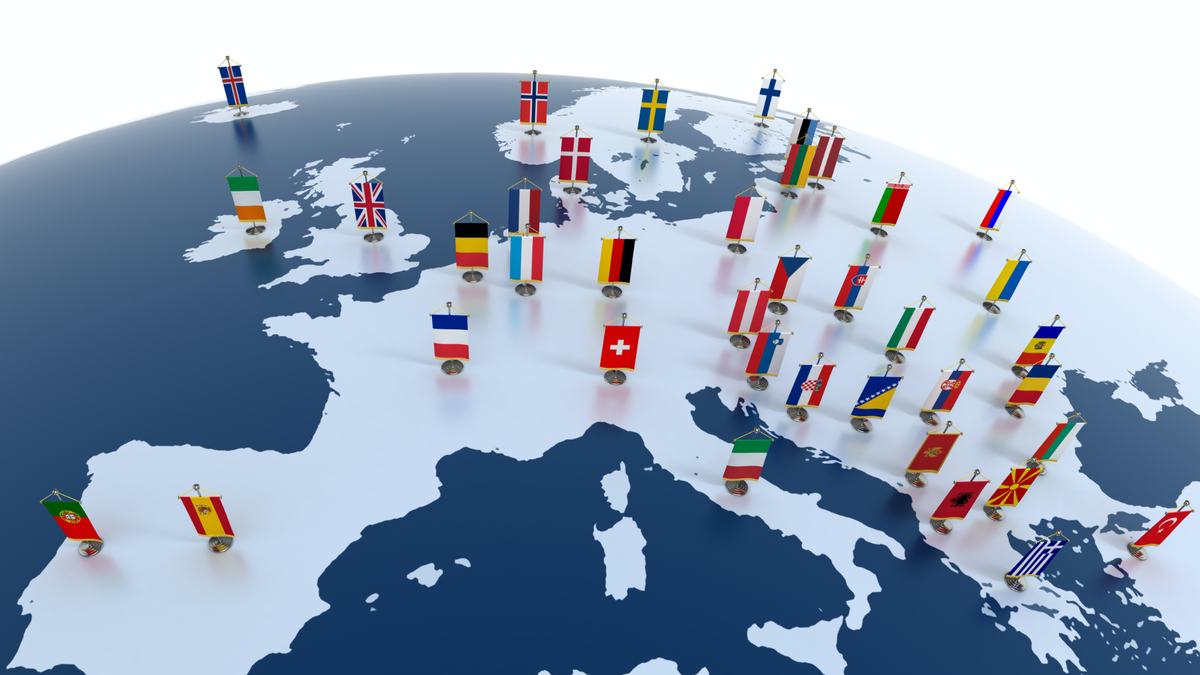EU firms up new €7 ‘security fee’ for non-visa travellers
The fee, said to be needed to identify security and health risks, will apply to visitors exempt from visas.

The European Union took a key step Tuesday toward a plan to charge a fee for security and health risk screening for many foreign travellers.
Non-EU citizens traveling to the Schengen area from countries that are exempt from visa requirements will need to pay €7 ($11) for a vetting check that will become operational by the end of 2022.
The rules adopted by the bloc Thursday govern the information sharing for security and migration data under the scheme, which is similar to the U.S. visa waiver program.
The European Travel and Information Authorization System was proposed by the European Commission in 2016, before the U.K. left the EU, but is taking on new relevance in the wake of the Covid-19 pandemic.
The U.K. has talked about creating its own travel screening system, but the British version wouldn’t come into force until the end of 2024 at the earliest.
One aim is to identify security or epidemic risks posed by visa-exempt visitors, with the EU checking travelers against EU information systems for a range of security and health checks including against a centralized system of EU databases holding conviction information on non-EU citizens.
The EU has said the online screening form should only take several minutes to get approval for most travelers.
The new rules don’t constitute a new visa requirement and won’t change which non-EU countries are subject to a visa. The travel authorization will be valid for three years and multiple entries.
Read more: Your guide to Europe's online ETIAS visa-waiver system
This article is published under license from Bloomberg Media: the original article can be viewed here
